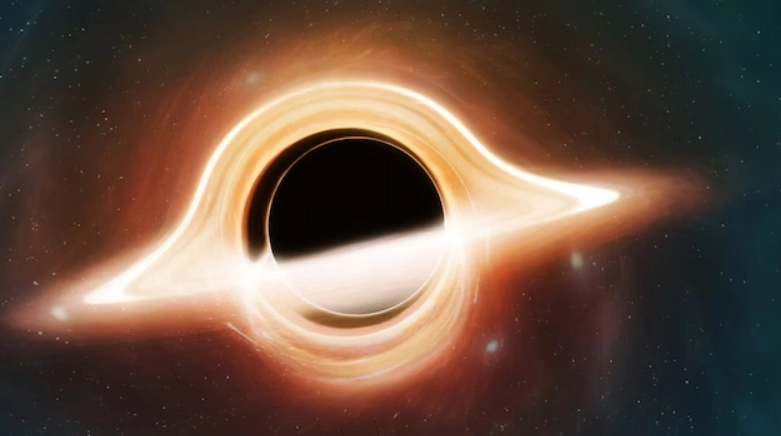
Picture yourself staring up at the night sky, lost in the vastness of the cosmos. Among the twinkling stars and swirling galaxies lurk some of the universe’s most mind-bending enigmas – black holes. These celestial powerhouses, with their unfathomable gravitational pull, have captured human curiosity for centuries. What happens beyond their event horizons? Are they mere cosmic vacuum cleaners, or do they hold the key to a deeper understanding of reality itself? Thanks to groundbreaking advances in quantum computing, scientists are now peeling back the layers of this cosmic mystery and what they’re finding is nothing short of astonishing.
A research team at the University of Michigan, led by Enrico Rinaldi, has taken an innovative approach to studying black holes, harnessing the power of quantum computing and machine learning. Their goal is to decode the intricate quantum structure that governs these mysterious objects. Their study was published in 2022.
Using quantum matrix models, the team reportedly simulated the behaviour of particles inside black holes. The results point to something revolutionary: the possibility that a black hole’s information isn’t stored within its seemingly bottomless depths but rather imprinted on its surface. This supports a fascinating idea, the holographic principle, which suggests that our three-dimensional universe might, in some way, be a projection of underlying quantum information.
For decades, physicists have struggled to reconcile the laws of general relativity with those of quantum mechanics. Gravity, which governs the movements of planets and stars, operates on an enormous scale, while quantum mechanics describes the bizarre behaviour of subatomic particles. The two theories don’t always play well together. However, Rinaldi’s research hints at a possible bridge between these realms, potentially bringing us closer to a long-sought theory of quantum gravity.
Thanks to quantum computing and machine learning, researchers can now simulate these incredibly complex quantum systems with unparalleled precision. These tools are unlocking new doors, offering glimpses into the hidden mechanisms of the universe that were once thought impossible to explore.
As technology continues to evolve, the implications stretch far beyond black holes. From the nature of dark matter and dark energy to the origins of time itself, we are on the cusp of discoveries that could reshape our understanding of existence.